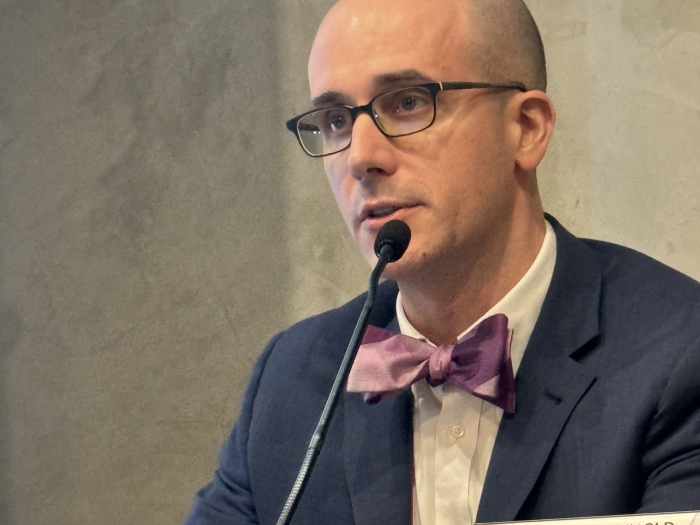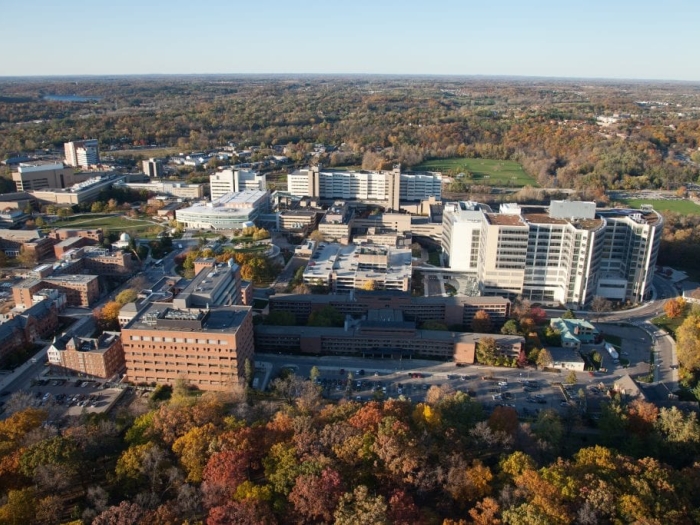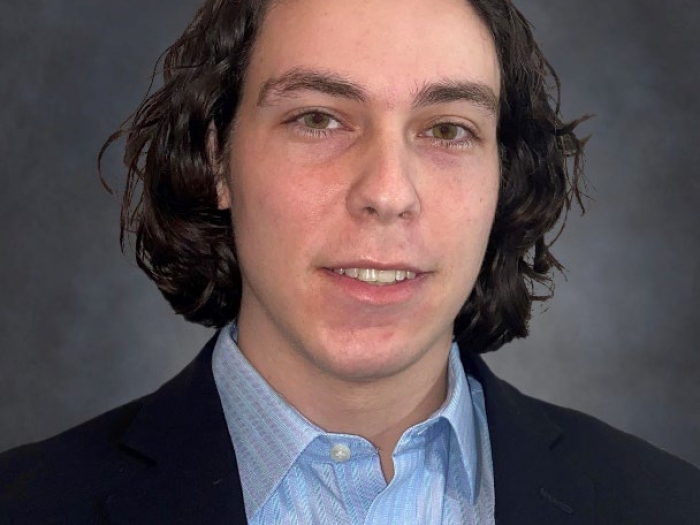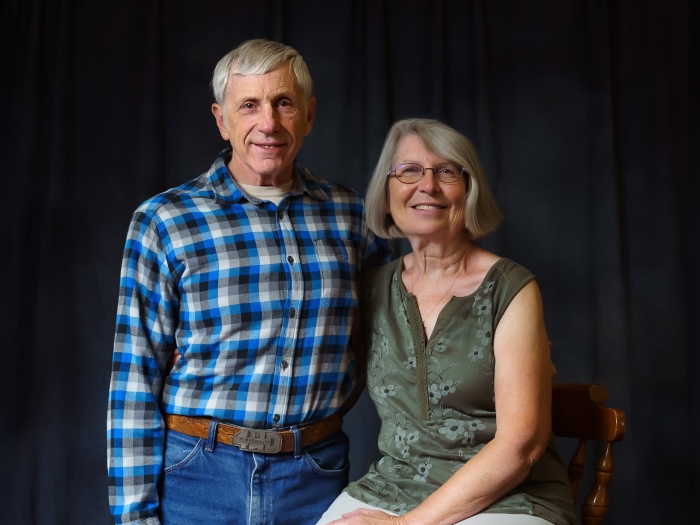5:15am, my alarm goes off. It's the beginning of a new day. My M3 clerkships are beginning as well; I'm in the middle of my first rotation: pediatrics.* Today, my inpatient team is on "early call," which means that we are responsible for taking over care of all the pediatric patients that were admitted overnight. We have to be in at 6am (a half hour earlier than usual) to hear about the patients from the night team. Being early call also means I can wear scrubs rather than dress clothes, so getting dressed is mercifully easy in my half-asleep state. I pack my lunch and head out into the fresh predawn air, walking past newly blooming flowers on my way to the hospital. The promise of beautiful spring day is all around.
At the hospital the night team fills us in, and then it's time to "preround" on my patients. Using the electronic medical record, I check on their vital signs and fluid balance overnight, read new lab and test results, and jot down my ideas for the coming day's care plans. After this is done, I visit their rooms, ask how the night was, and perform a physical exam. Ideally, this is all done before 8am, when the medical students and residents have a morning lecture or conference. Even with only two patients, I am almost late. I have no idea how I'll someday follow eight patients like the interns do!
At 9am, morning lecture is done and it's time for rounds. Together with the attending physician, senior resident, interns, and sometimes nurses, dietitians, and social workers, we visit each room, talk about the condition of each patient, their plan for the day, and make sure to address any concerns the patient and their family may have. This can take a long time! When our team is full and caring for 22 patients, even if we spend just 10 minutes on each, rounds take almost four hours. I start off the discussion on my patients by reporting what I learned during my early-morning prerounds and stake a stab at their plan for the day (the interns do this for the other patients); the attending physician leads the discussion from there. The more you know about the patients and their conditions, the easier it is to stay engaged during such a long rounds, and I do my best to stay focused.
The afternoon is spent following through on the care plans decided during rounds: we talk to subspecialists (cardiologists, nephrologists, etc.), look at test results, see if new medications are making a patient feel better, and write notes that summarize each patient's day in their medical record. I try to take a moment when things are calm in the team room to visit my patients again in the afternoon. I find that on my morning rounds I get to know the patients' medical conditions, and during my afternoon rounds I get to know them a little better as people and families. In the afternoon people are more chatty, and I'm not in such a time crunch. My patients range from newborns to teenagers, in the hospital due to all sorts of things including asthma attacks, pneumonia, kidney infections, feeding difficulties, and constipation. Part of what I like about pediatrics, though, is that children's bodies are very resilient and most of our patients go home in just a few days!
Soon it's 4:30 or 5:30pm, and the team is finishing up for the day. The interns stay until 6pm to sign out to the night team, but the medical students usually leave before that as the day's work is done. I walk home through the late afternoon sun and reflect on the day, happy I'll have some time to run and cook dinner before studying for a few hours for the shelf (the exam at the end of each rotation). Before I know it, it will be 5:15am, and time to begin another day!
*I wrote this in March...clinical rotations have kept me busy enough that I'm only finishing the post now!
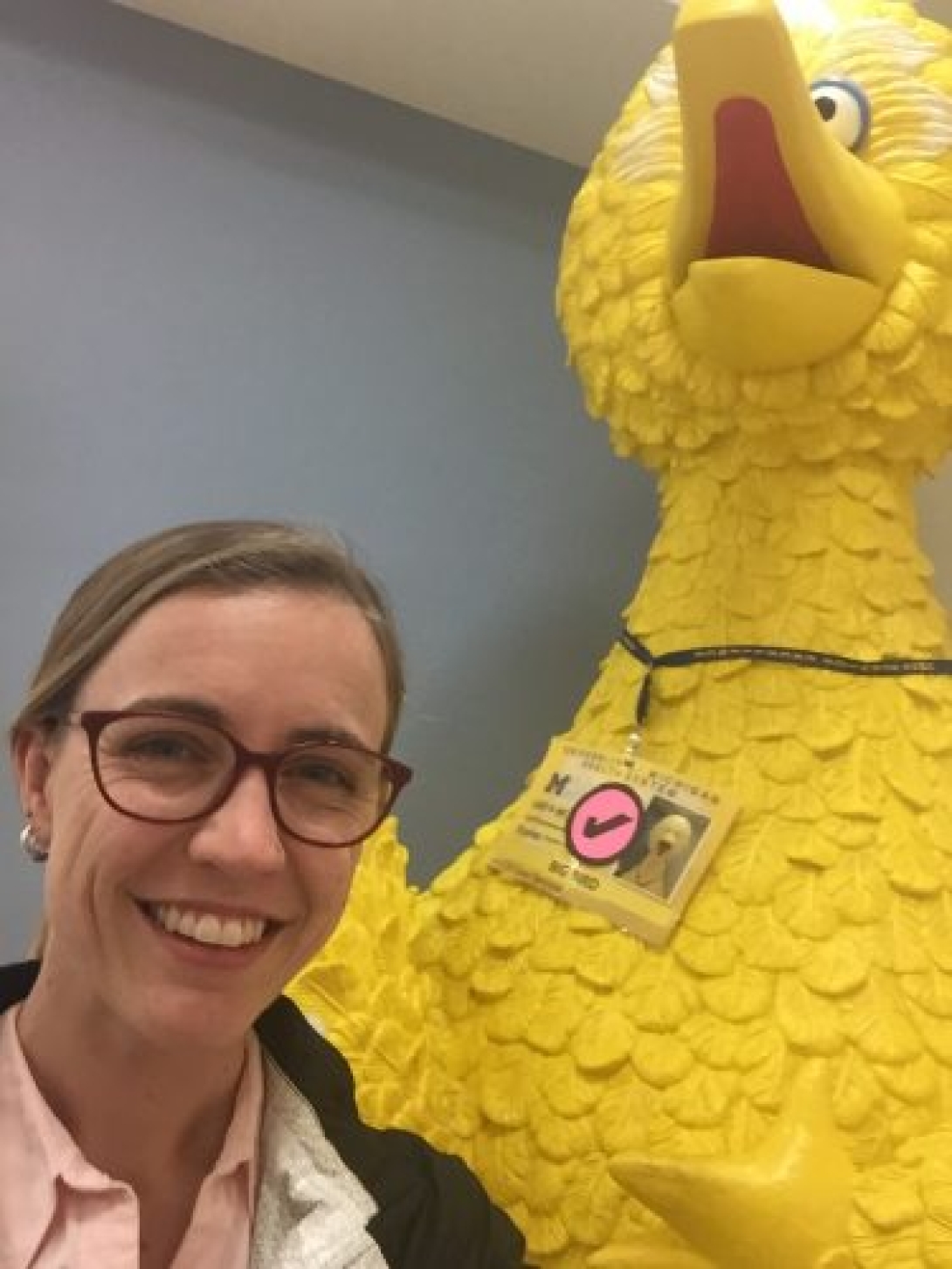

Department of Communication at Michigan Medicine
Want top health & research news weekly? Sign up for Health Lab’s newsletters today!
